Farms in several provinces in China are suffering heavy losses as hundreds of pigs, rabbits and fish are being heated to death.
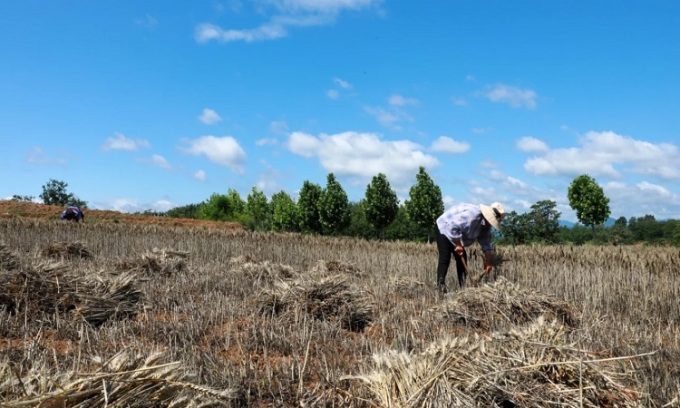
Farmers in Henan harvest wheat in hot weather on May 30. Photo: VCG
China experienced its worst heat wave and drought in decades in the summer of 2022, causing widespread power outages and disrupting food and industrial supply chains. This year, extreme heat hit many parts of the country even earlier than last year.
Pigs, rabbits and fish have died as temperatures have soared, while wheat fields in central China have been inundated by the heaviest rain in a decade. Authorities also fear drought could hit the Yangtze River basin, China’s biggest grain producer, in the coming months.
At a farm in eastern China’s Jiangsu province, hundreds of pigs died this week after a sudden power outage caused fans to stop running overnight. The pigs suffocated in extreme heat and poor air circulation.
Heat waves have also killed large numbers of carp raised in rice paddies in the southwestern region of Guangxi. Villagers said the fish were scalded to death when water temperatures soared due to the hot weather. Prices for rabbit heads, a Sichuan delicacy, have skyrocketed in recent days as high temperatures have caused large numbers of rabbits to die on farms, leading to limited supplies. Spicy rabbit heads are a popular street food in the region, where residents eat more than 200 million of them a year.
Extreme weather conditions have also hit China’s largest wheat-growing region. Heavy rains flooded wheat fields in Henan, a central province that accounts for a quarter of China’s output, in the last week of May, just days before harvest. The crop’s flowers were destroyed, accounting for about 20 percent of farmers’ annual output.
Since March, temperatures in dozens of Chinese cities have hit record highs. The heat has intensified in recent days, with some cities in Yunnan and Sichuan provinces experiencing temperatures above 40 degrees Celsius. On May 31, 578 weather stations in various cities across the country recorded their highest temperatures for this time of year, according to the China Meteorological Administration. "Extreme weather such as droughts and floods can disrupt food production, causing fluctuations in food and oil supplies," Sheng Xia, an agriculture analyst at Citic Securities, said in a report.
He warned of a growing risk to food security this year due to the approaching El Niño, a natural phenomenon in the tropical Pacific that leads to above-average temperatures. The first El Niño could push global warming to 1.5 degrees Celsius above pre-industrial levels in the late 19th century. “For China, an El Niño event can easily lead to climate change in the Yangtze River basin, causing floods in the south, droughts in the north and cold summers in the northeast,” Sheng said.
Heat waves and lack of rain in western regions like Xinjiang are affecting corn and wheat crops, Sheng said. Rainfall in the middle reaches of the Yangtze River could drop significantly in the coming months. That could lead to drought, affecting rice crops in the region. The Yangtze River basin produces more than two-thirds of China’s rice.
Last month, the World Meteorological Organization said the chances of an El Niño developing later this year are increasing. Experts predict more extreme weather events are on the way. Drought and flooding could occur simultaneously from May to September, according to recent estimates from the national climate center.
An Khang (According to CNN )
Source link


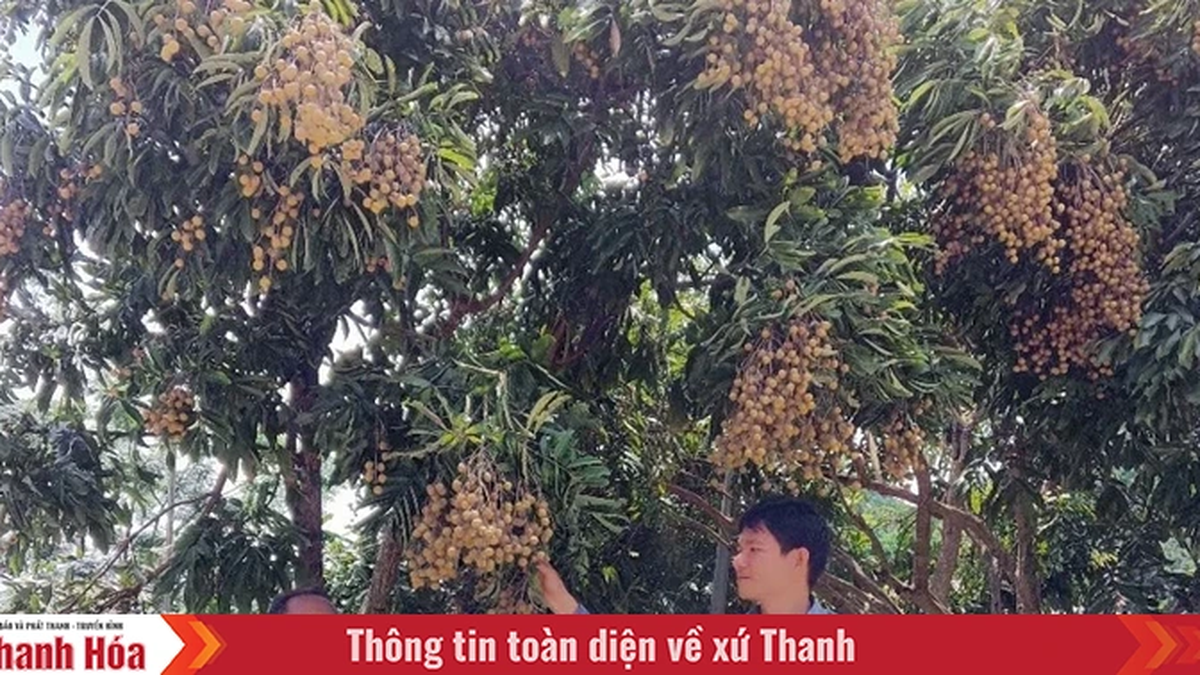

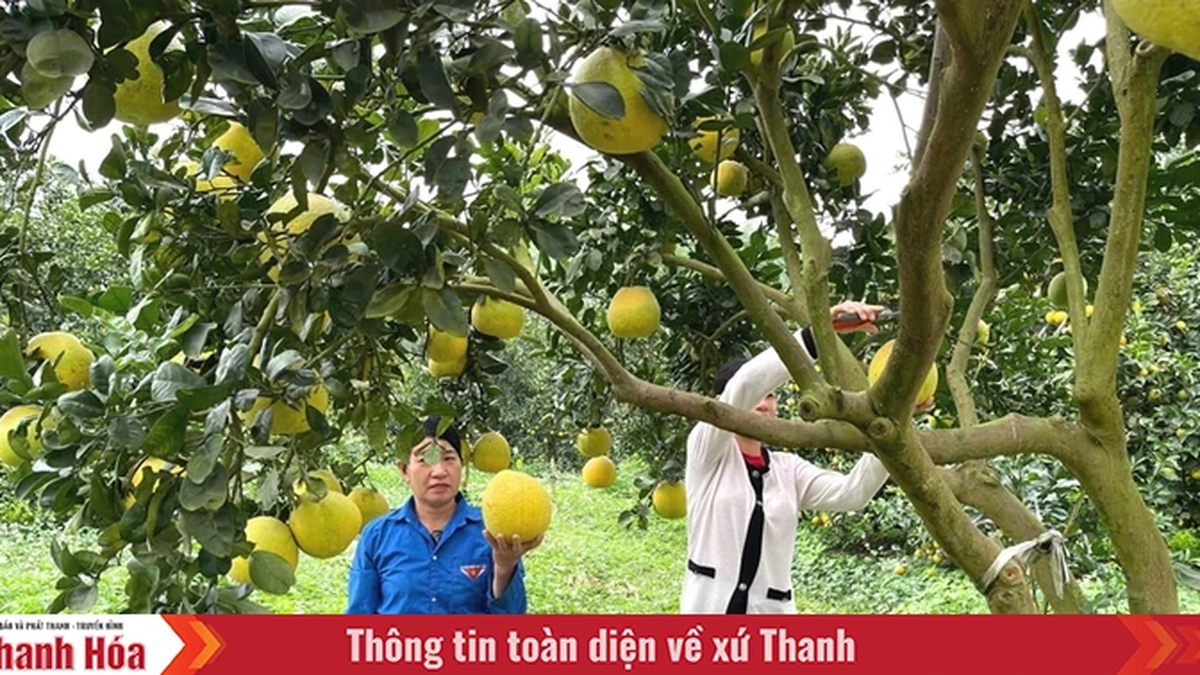


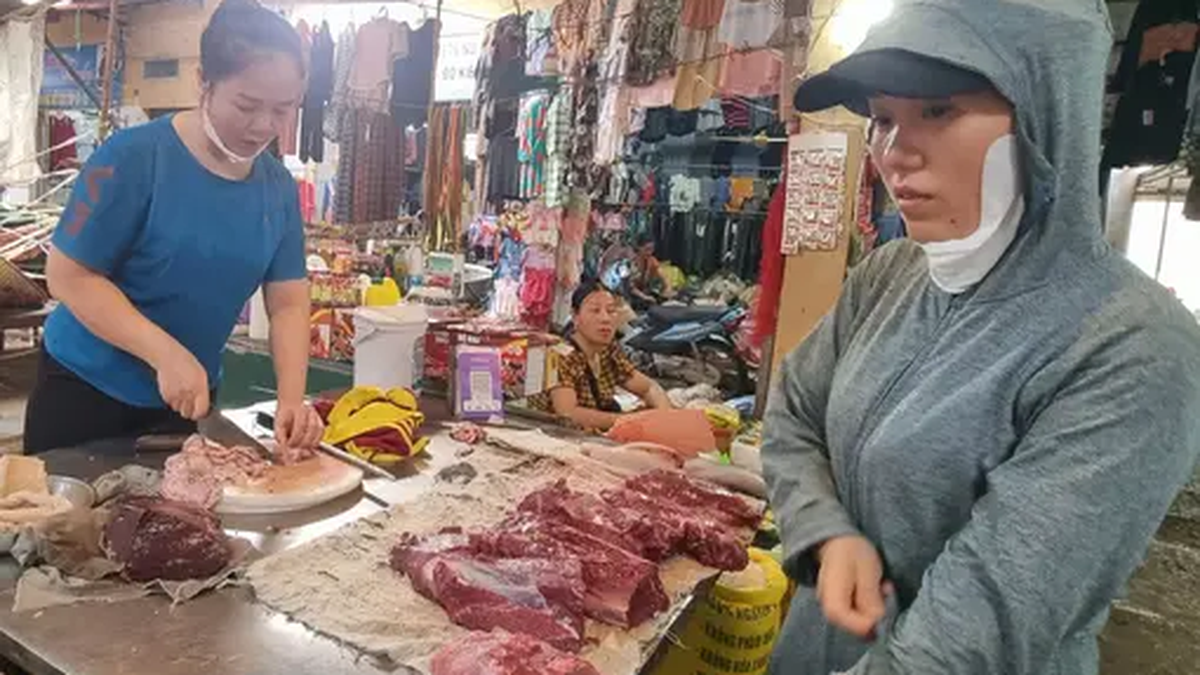



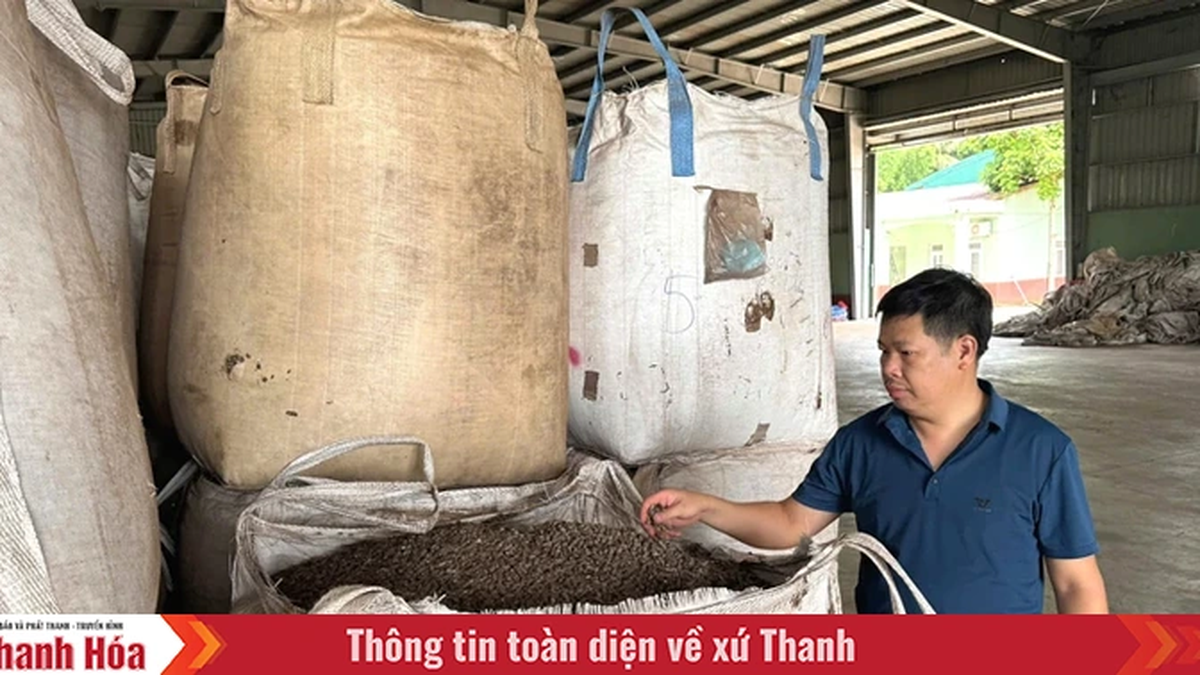






















































![[Photo] National Assembly Chairman Tran Thanh Man receives Chairman of Morocco-Vietnam Friendship Association](https://vphoto.vietnam.vn/thumb/402x226/vietnam/resource/IMAGE/2025/7/26/b5fb486562044db9a5e95efb6dc6a263)
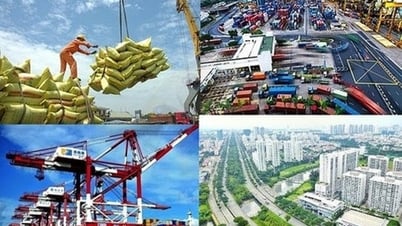




































Comment (0)